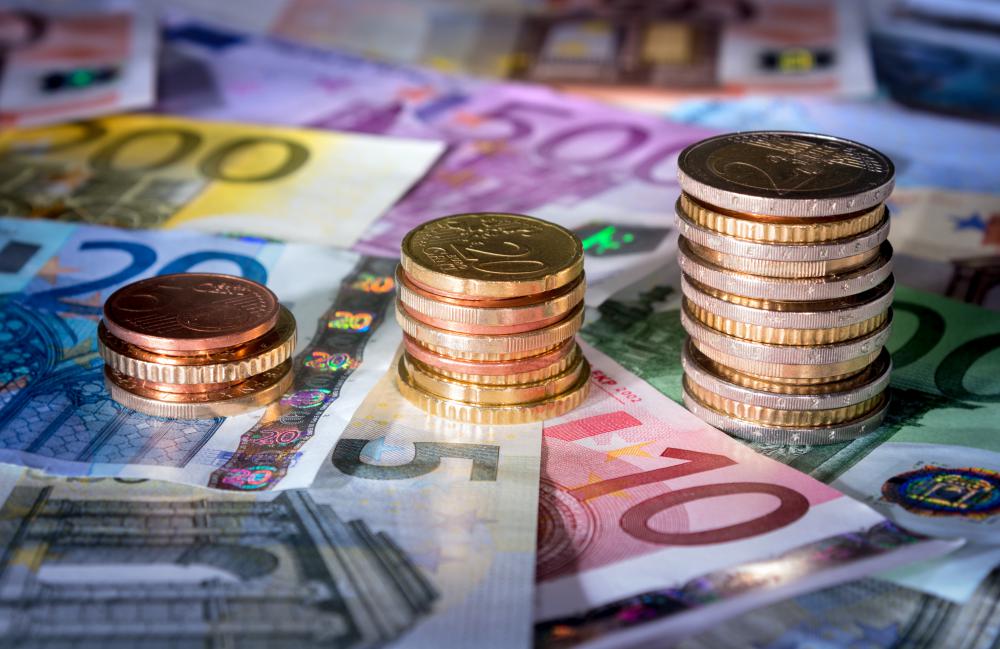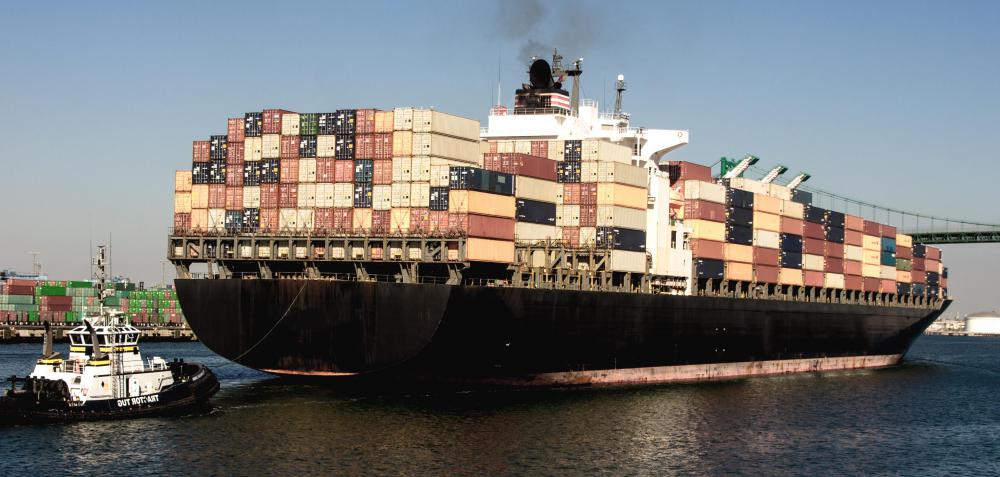At SmartCapitalMind, we're committed to delivering accurate, trustworthy information. Our expert-authored content is rigorously fact-checked and sourced from credible authorities. Discover how we uphold the highest standards in providing you with reliable knowledge.
What is Foreign Trade?
Foreign or international trade can be considered a number of different things, depending on the type of trade one is talking about. Generally speaking, it is trading goods and services that are destined for a country other than their country of origin. Foreign trade can also be investing in foreign securities, though this is a less common use of the term.
Foreign trade is all about imports and exports. The backbone of any trade between nations is those products and services which are being traded to some other location outside a particular country's borders. Some nations are adept at producing certain products at a cost-effective price. Perhaps it is because they have the labor supply or abundant natural resources which make up the raw materials needed. No matter what the reason, the ability of some nations to produce what other nations want is what makes international trade work.

In some cases, the products produced in a foreign trade situation are very similar to other products being produced around the world, at least in their raw form. Therefore, these products, known as commodities, are often pooled together in one mass market and sold. This is called trading commodities. The most common commodities often sold in foreign trade are oil and grain.

There are a number of issues with imports and exports that must be taken into consideration when conducting foreign trade. For example, some countries have industries they may want to protect. These industries may be in competition with foreign companies for the opportunity to sell products domestically. To protect domestic trade, countries may institute tariffs, which are taxes on certain foreign goods. While this is a way to generate revenue, its real value lies in helping those domestic companies.
For example, to encourage domestic production of ethanol in the United States, a tariff has been imposed on Brazilian ethanol. This protects the ethanol market in the United States, which would not otherwise be able to compete with Brazilian ethanol based on cost. In Brazil, ethanol is made from sugar, which produces far more ethanol gallons per acre than corn, the primary crop used for ethanol in the United States.
In addition to tariffs, currency issues are another factor in foreign trade. Some companies selling products overseas prefer to be paid in a certain type of currency, such as the US Dollar or Euro. This protects the company in case the country involved in a trade experiences a rapid devaluation in currency. Most foreign trading agreements will always involve a relatively stable currency.
AS FEATURED ON:
AS FEATURED ON:












Discussion Comments
There are a number of issues of import or export that must be taken into consideration when conducting foreign trade. For example, some countries have industries they may want to protect. These industries may be in competition with foreign companies with the opportunity to sell products domestically.
@ ValleyFiah- Other things that affect an international trading company's decision to enter a market are the country's per capita gross national income (GNI) and the inflow of foreign direct investment (FDI).
The growth rate of GNI gives business planners insight into the economic trends of the nation. A country that has a growing GNI is a sign of economic development, usually signaling a growing consumer market and upward mobility of the local population. This tells the company what type of products can be successful in a foreign market.
Foreign direct investment gives a company an idea about the climate in a foreign country. FDI that increases year after year signals that the market is stable.
Foreign trade is about import and export, but that by no means makes international trade simple. It takes a considerable amount of preparation and planning to enter a foreign market.
A company must modify its organizational design to manage the complex legal, political, cultural, environmental, linguistic, and economic factors that influence international trade. For example, Caterpillar cannot expect to export their excavating equipment to a foreign company just because there is a need potential for bulldozers and backhoes.
A bulldozer made for the US market will be almost useless in many other countries. They may not meet the environmental standards for some countries, and they may be over engineered for others. Most importantly, foreign mechanics could not fix them unless caterpillar re-tooled them for metric systems. Imagine the disappointment of investors if Caterpillar doubled production with plans of exporting their equipment only to find that no foreign mechanics could work on the new equipment. It would be disastrous.
Post your comments